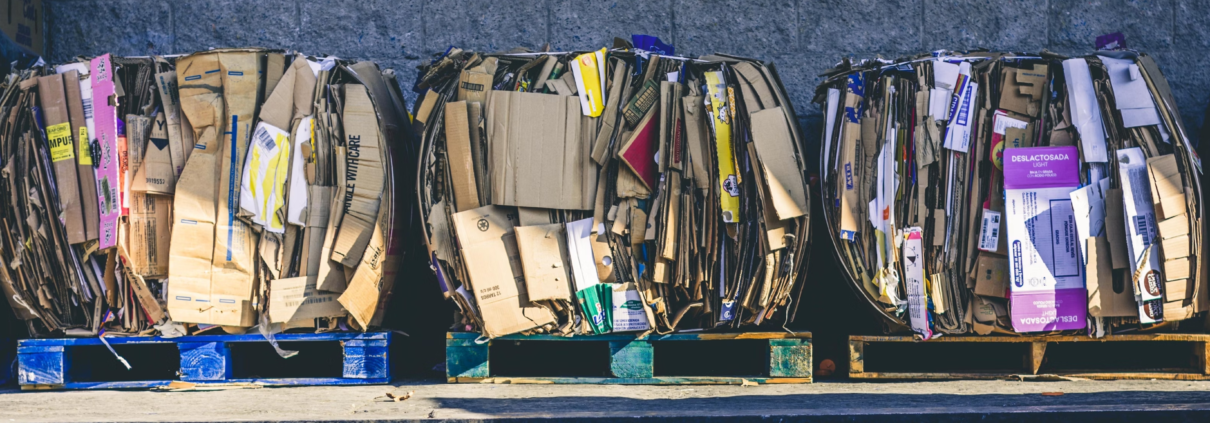
Four years after its adoption, the anti-waste law for a circular economy, commonly known as the AGEC law, is failing to achieve its initial objectives. Environmental associations, which have been closely monitoring its implementation, have drawn up a summary of the situation assessment and even alarming impact to date. Despite laudable ambitions and concrete measures, the reality on the ground seems disappointing, with a steady increase in waste production and a series of setbacks in the implementation of the law’s provisions.
Initially designed to drastically reduce the amount of waste produced in France and promote a more circular economy, the AGEC law set ambitious targets, including a gradual ban on single-use plastics by 2040. However, recent figures show the opposite trend, with a significant increase in per capita waste instead of the expected decrease. According to ADEME data, household and similar waste per capita rose to 611 kg in 2021, exceeding the reduction target of 502 kg/capita by 2030.
Environmental associations such as Friends of the Earth, No Plastic In My Sea, France Nature Environnement, Surfrider Foundation Europe and Zero Waste France unanimously denounce the pressure exerted by industrial lobbies to weaken and circumvent the law. These pressures have led to a series of setbacks and derogations, compromising the effectiveness of the AGEC law. For example, despite the planned ban on plastic overwrapping of fresh fruit and vegetables weighing less than 1.5 kilograms, a subsequent decree introduced permanent exemptions for certain products, on the pretext of spoilage risks.
Similarly, certain bans, such as that on cups containing more than 8% plastic, have not been fully respected, allowing many single-use plastic products to continue to be marketed. These derogations and exemptions reveal shortcomings in the monitoring and enforcement of the AGEC law, with penalties often insufficient to deter offenders.


The alarming increase in the production of plastic bottles is also a major challenge for the implementation of the AGEC law. Despite the ambitious reduction targets set for the coming years, the number of plastic bottles placed on the market rose by 4% between 2021 and 2022. Obligations to use reusable crockery for on-site catering and to install drinking water points in establishments open to the public are not fully respected, with only 25% of ERP complying with the law, according to the associations.
In addition to the difficulties associated with implementation and control, the AGEC law has been criticized for its lack of upstream preventive measures aimed at reducing waste production at source. While the law focuses mainly on waste management, the associations emphasize the importance of promoting more responsible and sustainable production to truly change our society’s paradigm towards a more sober economy.
The section on the fight against programmed obsolescence, which is supposed to encourage the repair of products rather than their replacement, has also been criticized for its insufficient measures. Although financial aid was available to support consumers who chose to repair, the government recently reduced these incentives, prompting criticism from environmental associations.
In conclusion, the AGEC law faces many challenges in its effective implementation, with constant pressure from industry lobbies, gaps in monitoring and enforcement, and insufficient measures to promote more sustainable production and consumption. To truly achieve its objectives, the AGEC law needs to be strengthened, with strict enforcement and reinforced preventive measures to reduce waste production at source.
Read also
Questions about CircularPlace?



